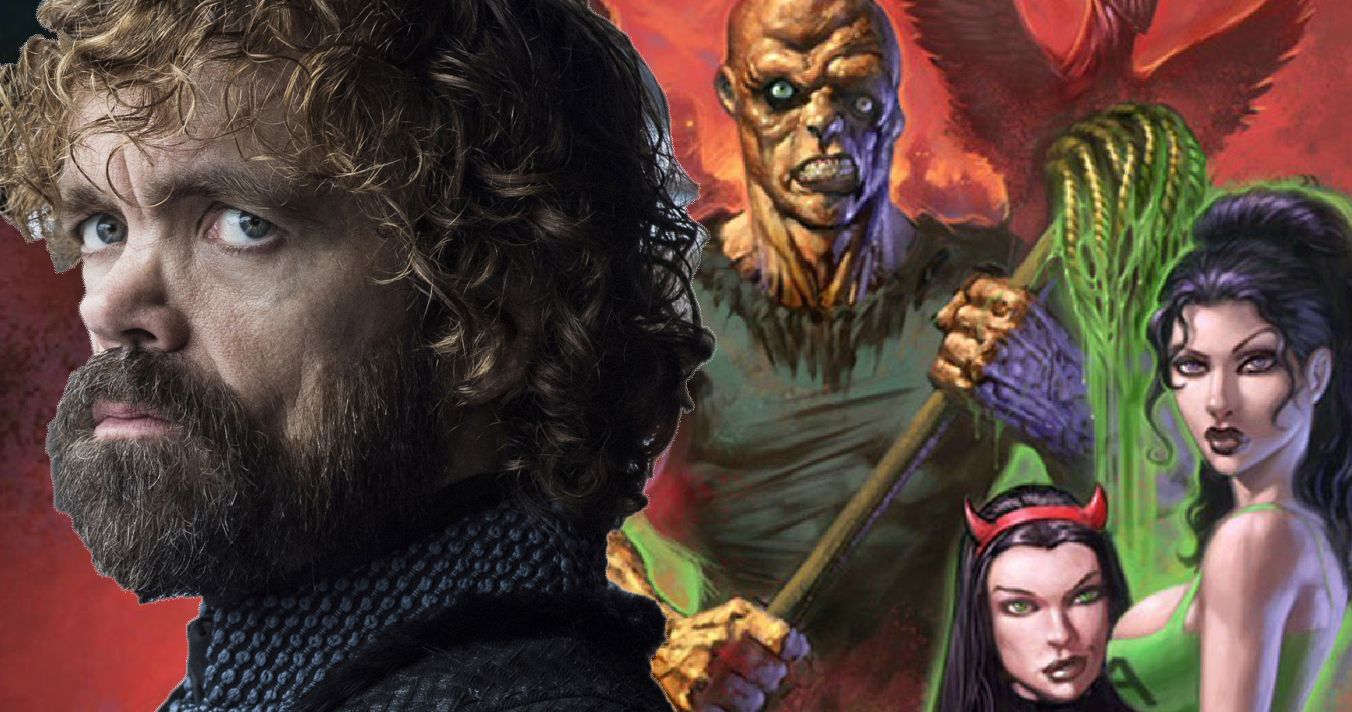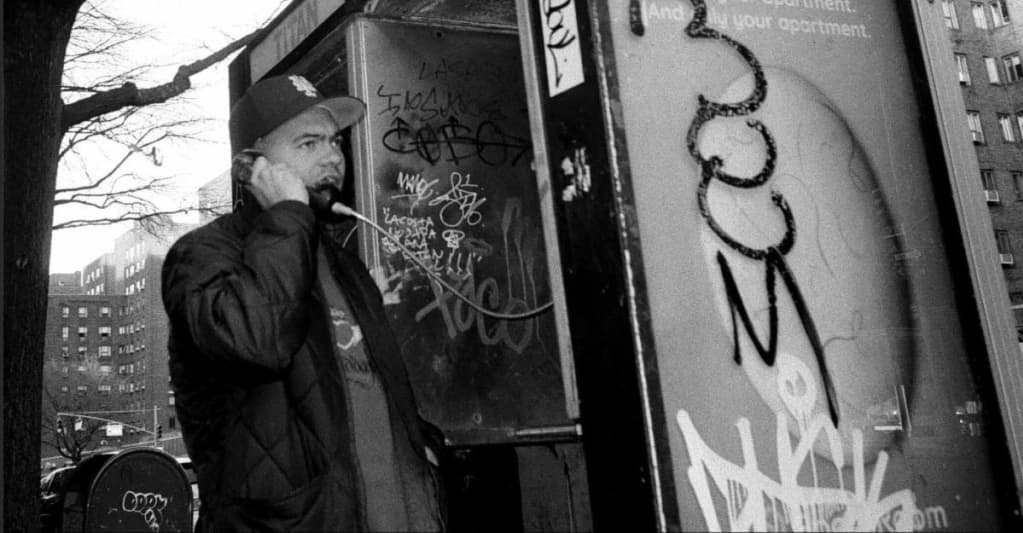#‘The Teacher’ Review: A Debut Feature’s Eye-Opening Dramatization of Life in Occupied Palestine

Table of Contents
At the core of The Teacher, an intimate exploration of life in occupied Palestine, is a question posed by a bereaved teenager to the title character, who has suffered his own family-shattering losses. “After all you’ve been through,” the boy named Adam says, “you still believe there’ll be justice?”
Writer-director Farah Nabulsi, at the helm of her first feature, understands the urgency of this question. For the characters in her West Bank-set drama, living within a system structured against them, to believe in justice isn’t simply a matter of attitude; it requires action. Navigating a complex narrative line, Nabulsi doesn’t always achieve the nuance or the propulsive tension the material requires, but she has a sure grasp of emotional give-and-take and day-to-day realities. At the core of her movie are three compelling performances, led by the striking and understated intensity of Saleh Bakri (who starred in Nabulsi’s Oscar-nominated short, The Present).
The Teacher
The Bottom Line
Uneven but often riveting.
Venue: Toronto International Film Festival (Discovery)
Cast: Saleh Bakri, Imogen Poots, Muhammad Abed El Rahman, Stanley Townsend, Paul Herzberg, Mahmoud Bakri, Andrea Irvine
Director-screenwriter: Farah Nabulsi
1 hour 58 minutes
Set and filmed in the West Bank, The Teacher is built upon a strong sense of place, both physical and, in terms of generational loss, historical. The plaintive score by Alex Baranowski gives voice to an inheritance of yearning and anguish that courses through the characters’ lives, the experience of being torn from one’s homeland and, in the present day, perpetually under siege. The story opens with a traveling shot of remarkable eloquence as Bakri’s Basem drives to work from his home in the village of Burin, the countryside giving way to a constricted militarized zone (Gilles Porte is the cinematographer).
At the school, where a mural pays tribute to “Our Martyrs,” Basem teaches English to teenage boys, among them two brothers who are neighbors of his in Burin. Yacoub (an impressive Mahmoud Bakri, sibling of the lead actor) is street-smart, fearless and protective of younger brother Adam (Muhammad Abed El Rahman), a devoted and talented student. And he’s still adjusting from his two-year detention in military prison. Key among the true events that inspired Nabulsi’s screenplay is the baneful rite of passage inflicted upon thousands of Palestinian youths for such perceived crimes against the Israeli state as participating in protests or throwing rocks at soldiers.
Judiciously used flashbacks reveal that the detention mill has affected Basem’s family as well. His carefully phrased non sequitur questions to a fruit seller (Muayyad Abd Elsamad) signal that he maintains his ties to the resistance movement. This will eventually connect him with the story of the Cohens (Stanley Townsend and Andrea Irvine), a well-to-do American couple who are searching for their son, an Israel Defense Forces soldier who has been held hostage for three years.
With his vigilant gaze and fierce compassion, Bakri (The Blue Caftan, Wajib) threads the needle between Basem’s commitment to justice and his intellectual passions; it’s no accident that the hiding place for his pistol is in his shelves of books. Those books help to fuel the flirtation between him and Lisa (Imogen Poots), a Londoner volunteering as a counselor at the school. She makes her interest in Basem clear, he lends her poetry by Mahmoud Darwish and political treatises. Touched at first with the awkward grace of the smitten, the two actors’ unforced performances are thoroughly alive.
Basem and Lisa’s growing involvement in Adam’s situation draws them naturally closer. She’s horrified to witness the demolition of Yacoub and Adam’s family home, Israeli soldiers wielding the excavator in what feels like spite thinly disguised as policy. “It was just their turn,” Basem tells her with hard-won sangfroid. The brothers and their wailing mother sift through the rubble, and life goes on, in the cramped quarters of a relative’s house and sometimes amid the debris of their former home, a kind of living outdoor museum of political fallout.
But recovery is far more challenging after Yacoub’s ill-fated encounter with an Israeli settler (a nearly wordless portrayal by production designer Nael Kanj, as an utterly hissable figure). Lisa puts the family in touch with a sympathetic Israeli lawyer (Einat Weizmann) to pursue murder charges, but as to whether the courts are capable of dispensing justice to Palestinians when the plaintiff is an Israeli settler, it’s easy to share Adam’s skepticism. Soon the grief-wracked boy decides that eye-for-an-eye vengeance is the only course of action, and Basem is determined to convince him otherwise.
What unfolds is a multistranded story of fathers and sons: Basem and the son he lost to a heartless and vindictive system; Basem and his growing paternal bond with Adam; Simon Cohen and the son he hopes to save. As he and his wife move freely between various checkpoints, Simon’s eyes are opened to the suffering and persecution of Palestinians, while his wife holds tight to an ambivalence-free anger that casts the Palestinians as the evildoers who took her son. One of the film’s most expectation-defying scenes is an unlikely exchange between a desperate Simon and an unguarded Basem. Simon — and the film — makes an important distinction when he tells Basem, regarding the Israeli authorities, “They’re not my people.”
There’s no nuance at all, on the other hand, in the film’s treatment of Lieberman (Paul Herzberg), Israel’s head of security in the West Bank and the man leading the search for the Cohens’ son. In a story told from the point of view of the oppressed, it would be false to paint him as anything but a villain, but a bit more shading couldn’t have hurt.
As for Lisa, she’s no white savior in this scenario, but the screenplay acknowledges the trope: At one point a character jokingly refers to her, not without fondness, as Miss United Nations. Nabulsi’s dialogue often zings with the way people, as opposed to dramatic constructs, actually talk. And Poots, with her effortless warmth, conveys the undoubted privilege of her character’s life back in England, but also the openheartedness and smarts and, when push comes to shove, the strategic quick thinking.
Bakri’s performance is unpredictable from moment to moment, and the ways that Adam and Lisa each surprise him registers in his gaze with subtle power. Newcomer El Rahman brings youthful fervor to every aspect of Adam, and the transformation he embodies, from the boyish earnestness of the English-class student at the film’s beginning to the final haunting image of him, is extraordinary. Though its plot mechanics may stumble here and there, The Teacher deftly avoids neat, self-satisfied lessons. Basem and Adam take turns rescuing each other, and there’s nothing easy or simple about it.
If you liked the article, do not forget to share it with your friends. Follow us on Google News too, click on the star and choose us from your favorites.
For forums sites go to Forum.BuradaBiliyorum.Com
If you want to read more Like this articles, you can visit our Social Media category.




